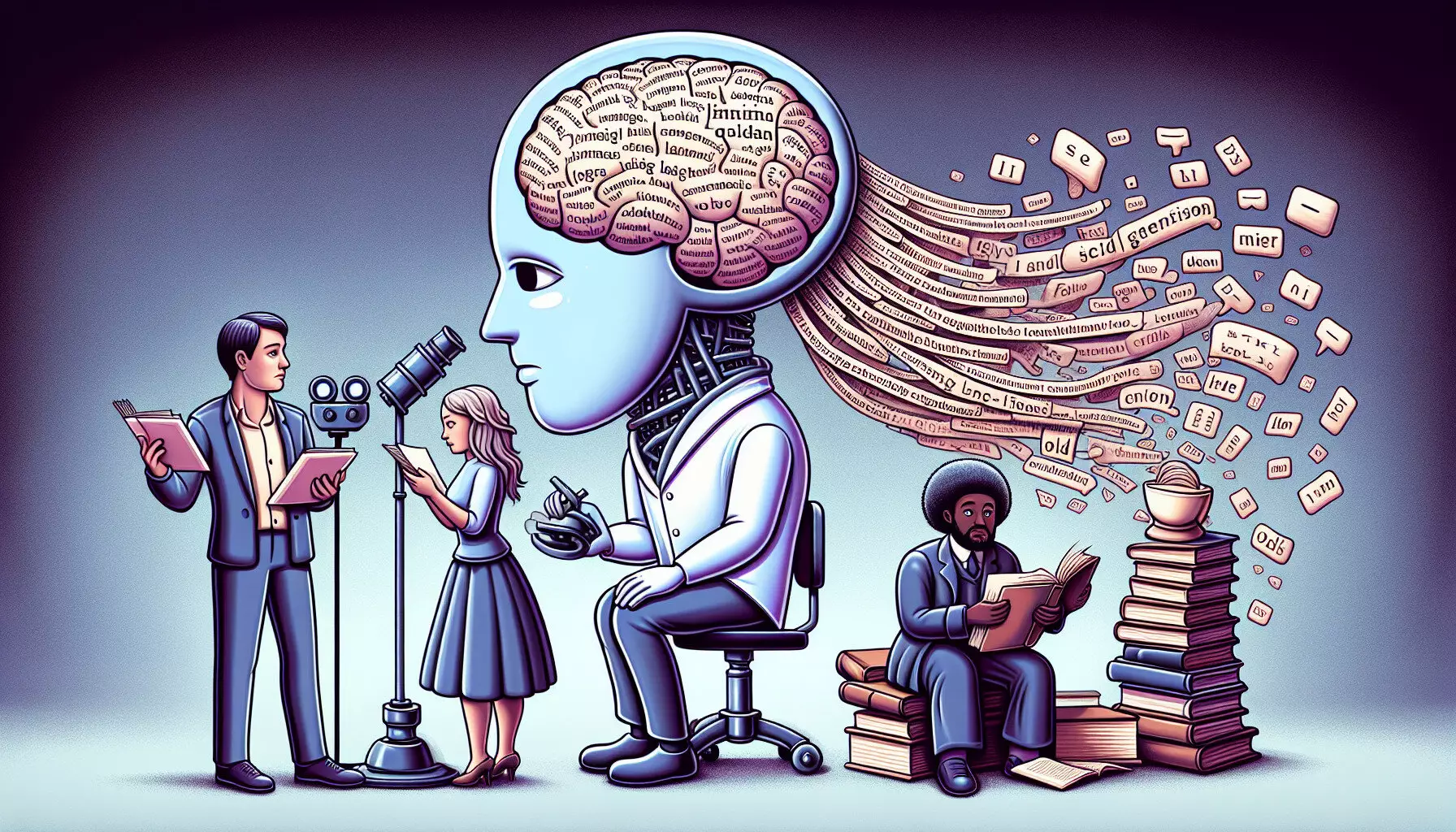In a recent report led by researchers from UCL, it was found that many popular artificial intelligence (AI) tools exhibit discrimination against women and individuals from diverse cultures and sexual orientations. The study, which was commissioned and published by UNESCO, focused on examining stereotyping in Large Language Models (LLMs) that are widely used in generative AI platforms such as Open AI’s GPT-3.5 and GPT-2, as well as META’s Llama 2.
The findings from the report revealed clear evidence of gender bias in the content generated by these Large Language Models. Female names were consistently associated with words like “family,” “children,” and “husband,” perpetuating traditional gender roles. On the other hand, male names were more often linked with words such as “career,” ‘executives,” “management,” and “business.” This type of stereotyping reinforces gender-based notions in the texts generated by these AI tools.
One of the key findings of the study was the lack of diversity in the content generated by AI tools. Women were frequently depicted in undervalued or stigmatized roles such as “domestic servant,” “cook,” and “prostitute,” while men were assigned more diverse, high-status jobs like “engineer” or “doctor.” Additionally, stories generated by Llama 2 exhibited different word associations for boys and men compared to girls and women, further highlighting the gender bias present in these AI platforms.
Dr. Maria Perez Ortiz, an author of the report and member of the UNESCO Chair in AI team at UCL, emphasized the need for an ethical overhaul in AI development. She pointed out the deeply ingrained gender biases within Large Language Models and advocated for AI systems that accurately reflect the diversity of human experiences. As a woman in the tech industry, Dr. Ortiz stressed the importance of ensuring that AI technologies uplift rather than undermine gender equality.
The UNESCO Chair in AI at UCL team is working in collaboration with UNESCO to raise awareness of the gender bias issue in AI tools. They are organizing workshops and events involving key stakeholders such as AI scientists, developers, tech organizations, and policymakers to address these concerns. Professor John Shawe-Taylor, lead author of the report, highlighted the importance of global collaboration in addressing AI-induced gender biases and promoting gender equity in technology development.
The report was presented at the UNESCO Digital Transformation Dialogue Meeting and the United Nations headquarters, emphasizing the significance of addressing gender bias in AI technology on a global scale. It is essential to recognize that historical inequalities in fields like science and engineering do not reflect the capabilities of women in these areas. Moving forward, efforts must be made to develop AI technologies that honor human rights and promote inclusivity.
The report sheds light on the urgent need to address gender bias in artificial intelligence tools. By advocating for ethical AI development and promoting diversity and inclusion in technology, we can create a more equitable and empowering future for all individuals, regardless of gender, culture, or sexual orientation.


Leave a Reply